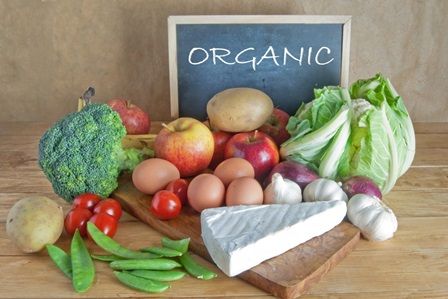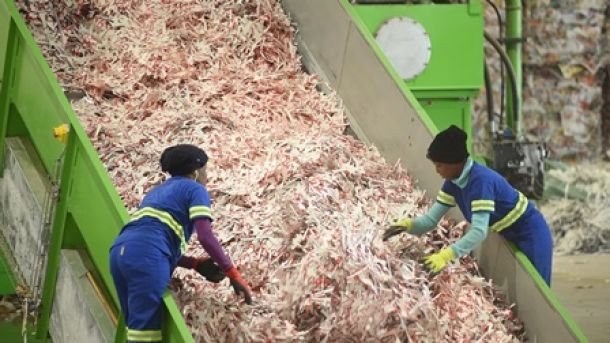
New laws to tackle claims of ‘organic’ and ‘free range’ foods in South Africa
South Africa’s Agricultural Product Standards Amendment Bill is set to become law after the national assembly approved it in February 2023, after which it was shared to the National Council of Provinces (NCOP) for concurrence.
The bill, which was tabled in parliament in August 2021, seeks to tighten controls on sales and exports of certain agricultural products and promote food safety.
The portfolio committee on agriculture, land reform, and rural development adopted the bill with amendments, including a new clause on the designation of assignees by the Minister.
The select committee on land reform, environment, mineral resources, and energy invites comments on the bill, which will be accepted up to 9 May 2023.
The bill seeks to amend the Agricultural Product Standards Act , 1990, by inserting and substituting definitions, providing for auditing of a product for management control systems, and making
provisions for the setting of tariffs by assignees on a cost-recovery basis.
The bill also makes provision for the Minister to make regulations pertaining to audit and management control systems, along with associated matters.
The proposed amendments to the Agricultural Product Standards Act , 1990, are expected to improve quality control and promote food safety in South Africa.
The bill seeks to ensure that all agricultural products sold and exported from South Africa meet certain quality and safety standards, and that the regulatory framework for agricultural production, health, and food safety is strengthened.
One of the key impacts of the bill is that exporters, farmers and sellers will benefit from guarantees that may come with claims such as “organic”, “free range”, amongst others, that may be authenticated.
“Consumers will also benefit from being protected against misleading claims and thereby getting value for their money,” the department said, adding that the quality of products offered for sale will also be enhanced.
“South Africa may have a strengthened food control system as a consequence of the anticipated proposed changes which will serve as a good base for facilitation of trade and market access.”
The Bill’s summary, published in Government Gazette 44603 in May 2021, highlights the need for tighter control systems in areas of labelling claims in products for sale. This will ensure that the public has access to accurate and reliable information regarding the products that they consume.
According to legal research firm Sabinet, the bill is a welcome development in the promotion of food safety and quality control in South Africa.
“The bill’s provisions for tighter control systems and stricter regulations for agricultural production, health, and food safety are expected to have far-reaching benefits for both the country’s agricultural sector and consumers,” it said.
The NCOP’s invitation for comments on the bill until 9 May 2023, presents an opportunity for stakeholders to provide input on the Bill and shape the future of the country’s agricultural sector.
News Category
- International retailers
- On the move
- Awards and achievements
- Legislation
- Wine and liquor
- Africa
- Going green
- Supplier news
- Research tools
- Retailer trading results
- Supply chain
- Innovation and technology
- Economic factors
- Crime and security
- Store Openings
- Marketing and Promotions
- Social Responsibility
- Brand Press Office
Related Articles

Pick n Pay clothing store awarded green status

Pick n Pay reduces food waste by nearly a third...

Pick n Pay becomes first retailer to stop using...

Checkers rolls out new trolleys made from hundr...

